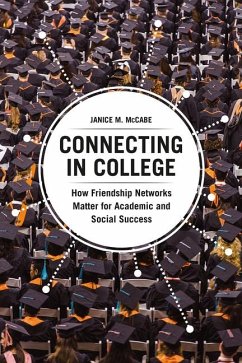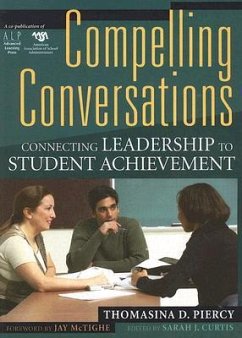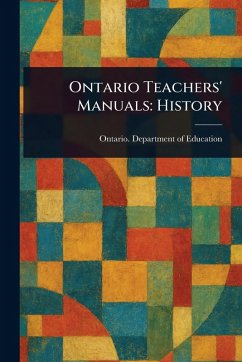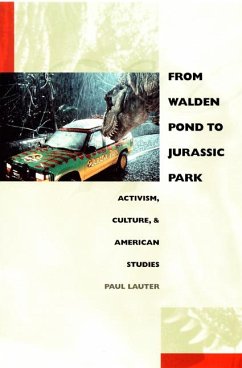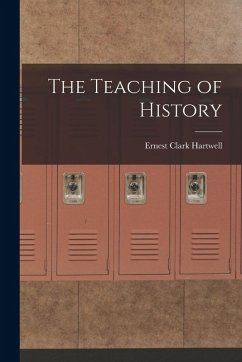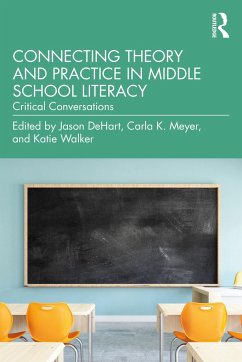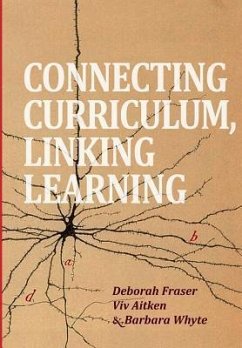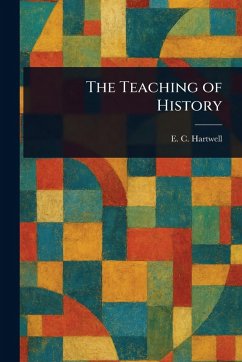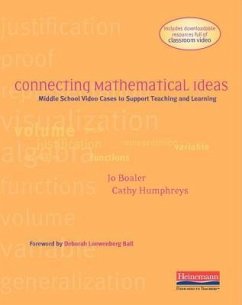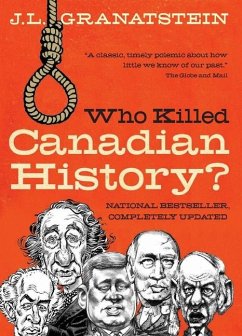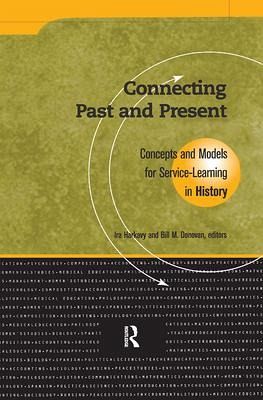
Connecting Past and Present
Concepts and Models for Service-Learning in History
Herausgeber: Harkavy, Ira; Donovan, Bill M
Versandkostenfrei!
Versandfertig in über 4 Wochen
42,99 €
inkl. MwSt.
Weitere Ausgaben:

PAYBACK Punkte
21 °P sammeln!
The question that animates volume, 16th in the Service-Learning in the Disciplines Series, is: Why connect service-learning to history courses? The contributors answer that question in different ways and illustrate and highlight a diversity of historical approaches and interpretations. All agree, however, that they do their jobs better as teachers (and in some cases as researchers) by engaging their students in service-learning. An interesting read with a compelling case for the importance of history and how service-learning can improve the historian 's craft.




